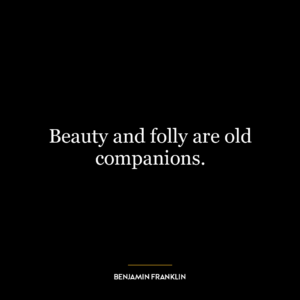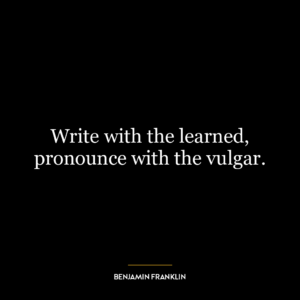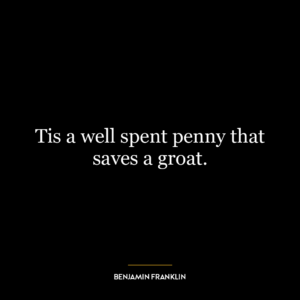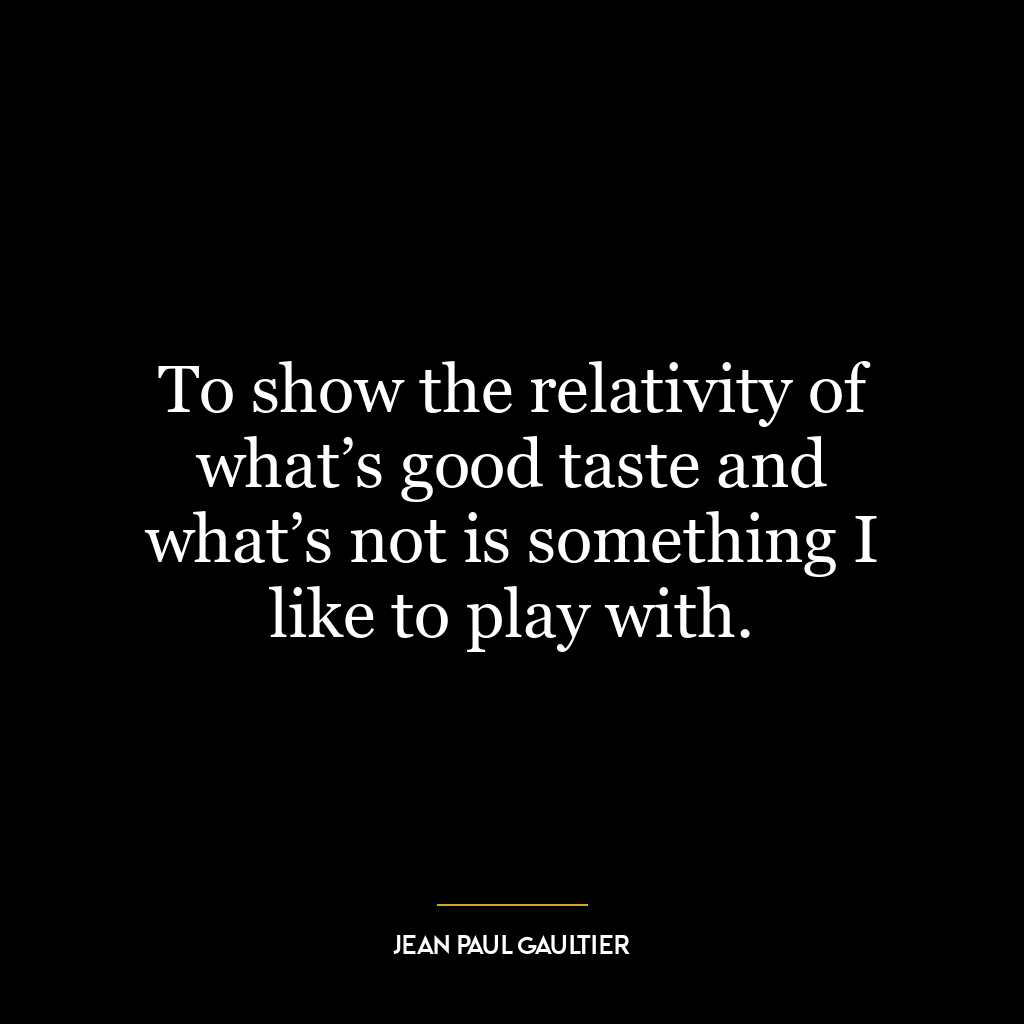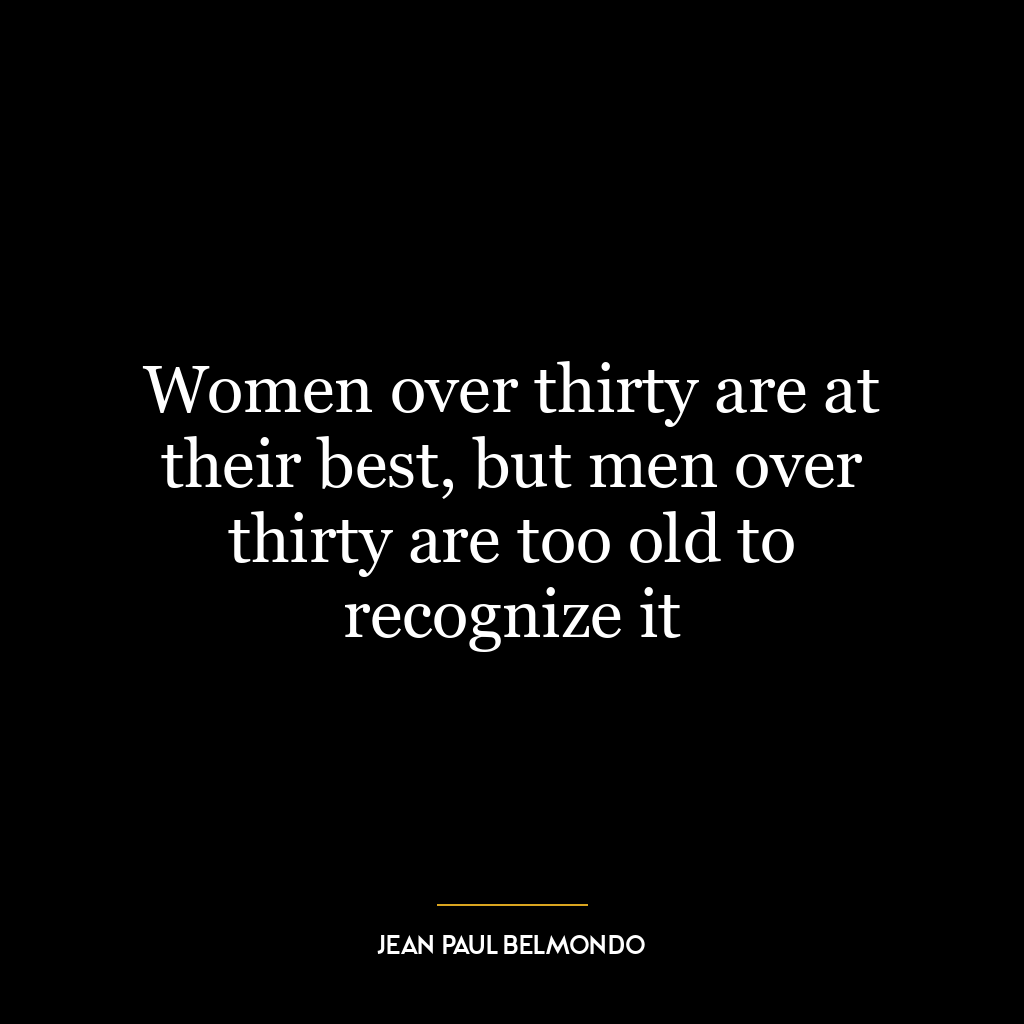Old boys have their playthings as well as young ones; the difference is only in the price.
This quote highlights the universal human tendency to seek pleasure and amusement, regardless of age. The term “playthings” is used metaphorically to represent the objects or activities that bring joy or entertainment. For young boys, these might be toys or games, which generally come at a low cost. However, as these boys grow into men, their interests and hobbies evolve and often become more expensive. The “price” referred to in the quote can be taken both literally, as in the monetary cost, and metaphorically, as in the time, effort, or sacrifices made.
The quote suggests that the desire for amusement does not disappear with age, it merely transforms. This transformation is not just in the nature of the “playthings”, but also in the resources we are willing to allocate for them. As adults, our “toys” might be luxury cars, high-tech gadgets, vacations, or even intangible pursuits like career success or social status.
In today’s world, this quote can be seen in the consumerist culture where people often equate happiness with material possessions. The more we mature, the more expensive our tastes often become. This could be seen as a reflection of our growth, sophistication, and earning power. However, it could also lead to an endless cycle of desire and dissatisfaction, as there will always be a more expensive “toy” to covet.
In terms of personal development, this quote can serve as a reminder to be mindful of our desires and the “price” we are willing to pay for them. It encourages us to question whether our pursuit of more expensive “playthings” is truly bringing us joy, or if it is driven by societal pressures or a sense of competition. It can also remind us to find pleasure in simple, inexpensive things, and to recognize that the value of a “plaything” is not determined by its price tag, but by the joy it brings us.






